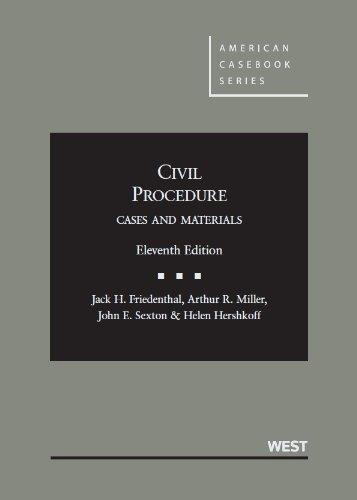2. Does Iqbal retreat from the traditional rule of presuming the truth of plaintiffs allegations? Consider the
Question:
2. Does Iqbal retreat from the traditional rule of presuming the truth of plaintiff’s allegations? Consider the fact that plaintiff alleged in his complaint that defendants “knew of, condoned, and willfully and maliciously agreed to subject him to harsh confinement as a matter of policy solely on account of * * * religion, race, and/or national origin and for no legitimate penologocal interest,” see First Amended Complaint ¶ 96, set out in the Supplement. On what basis did the Court disregard this allegation as conclusory? What facts could have transformed this allegation from a “formulaic recitation” to one entitled to the presumption of truth? Of what relevance is Justice Souter’s statement in his dissenting opinion that “a court must take the allegations as true, no matter how skeptical the court may be”? See Steinman, The Pleading Problem, 62 Stan. L. Rev. 1293 (2010), discussing the scope of the district court’s authority to disregard allegations at the pleading stage.
Step by Step Answer:

Civil Procedure Cases And Materials
ISBN: 9780314280169
11th Edition
Authors: Jack Friedenthal, Arthur Miller, John Sexton, Helen Hershkoff






